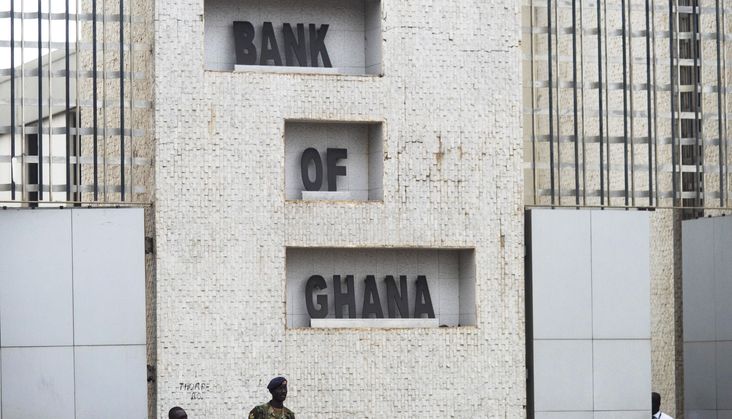Bank of Ghana unveils draft regulations for cryptocurrencies and other digital assets
The Bank of Ghana (BoG) has introduced draft regulations aimed at establishing a comprehensive framework for the Ghana’s digital asset sector.
Announced on August 16, 2024, the proposed guidelines are designed to foster financial inclusion, ensure economic stability, and provide protection for consumers in the rapidly evolving cryptocurrency market.
The draft regulations come after an extensive internal review of cryptocurrencies such as Bitcoin and Tether (USDT) and reflect the growing interest in digital assets among Ghana’s increasingly tech-savvy population.
The central bank’s analysis revealed that the rise in digital asset usage is driven by factors including widespread internet access and the emergence of Virtual Asset Service Providers (VASPs).
While the BoG acknowledges that crypto transactions remain relatively insignificant compared to traditional financial channels, the increasing adoption of digital assets for purposes like cross-border payments, crowdfunding, and remittances has prompted the need for regulatory clarity. The proposed regulations aim to address the associated risks, such as money laundering, fraud, and cybersecurity threats, in line with global standards, including those set by the Financial Action Task Force (FATF).
A key focus of the draft regulations is the oversight of cryptocurrency exchanges and VASPs. The proposed laws would require these entities to register with either the Bank of Ghana or the Securities and Exchange Commission (SEC), depending on the specific products they offer. Registered exchanges would be obligated to comply with anti-money laundering (AML) and counter-terrorism financing (CFT) regulations, including the FATF’s Travel Rule, and would need to report suspicious transactions to the Financial Intelligence Centre (FIC).
To operate legally in Ghana, VASPs would need to demonstrate satisfactory internal controls, risk management frameworks, and meet capital requirements. Commercial banks and financial institutions in the country would only be permitted to provide services to registered VASPs and would be prohibited from directly engaging with virtual asset-related businesses, holding crypto assets, or offering custody services.
The Bank of Ghana plans to conduct a “sandbox testing process” with selected VASPs before the regulations are finalized. This testing phase will allow the central bank to identify potential issues and refine the rules before broader implementation. The timeline for the regulations to become law has not yet been disclosed, but the public and industry stakeholders are invited to submit feedback on the draft guidelines by August 31, 2024.
In addition to regulating cryptocurrencies, the BoG’s draft also highlights the central bank’s broader ambitions in the blockchain space. This includes its ongoing work on Ghana’s central bank digital currency (CBDC), known as the eCedi, which was first announced in 2021. The eCedi project has seen various updates, including plans for offline capabilities, and is part of the country’s efforts to embrace digital financial innovation.
Ghana’s foray into the decentralized digital economy has been marked by other blockchain-based initiatives as well. Earlier this year, the Ghana Post Company introduced the nation’s first Non-fungible Token (NFT) stamp to commemorate the 25th anniversary of Otumfuo Osei Tutu II, the king of the Ashanti people.
The Bank of Ghana’s proposed regulations signal a significant step towards integrating digital assets into the country’s financial system while ensuring that adequate safeguards are in place to protect consumers and maintain financial stability.
As the global landscape of digital finance continues to evolve, Ghana appears poised to be an active participant in shaping the future of this emerging sector.



